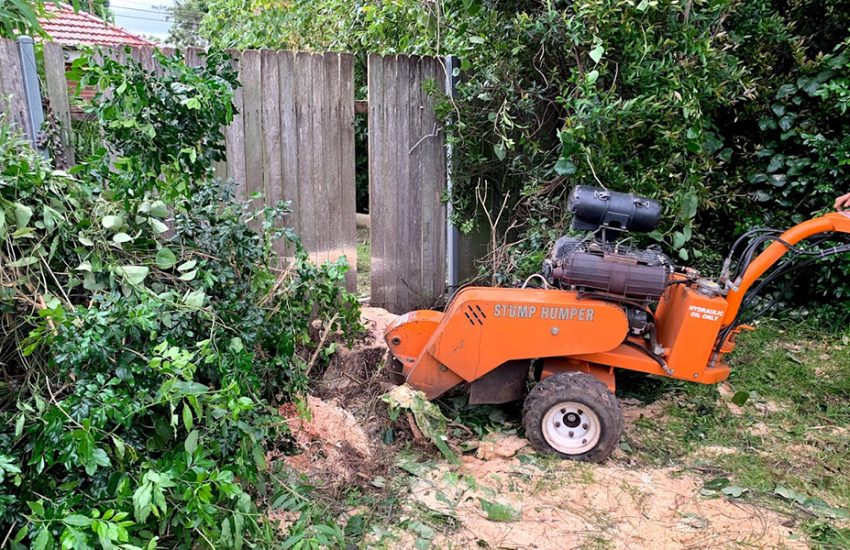Should You Replace Your Fuse Box With a Circuit Breaker?
Do you have an old fuse box in your home? Are you wondering if it’s time to upgrade your fuse box to a circuit breaker? Fuse boxes are still legal in many places, but can be dangerous and cause major electrical problems. Fuses are made of metal and can catch fire if they overheat. On the other hand, circuit breakers are made of plastic and trip when they become overloaded, preventing the start of a fire.
Houses built decades ago now have a fuse box to control electrical flow. With today’s electrical trends, electricians consider fuse boxes to be obsolete. As a result, most of them recommend replacing a fuse box with a circuit breaker. But why?
High-voltage Circuits Can Be Accommodated by Circuit Breakers
A circuit breaker is an electrical switch that operates to protect the electrical circuit from damage caused by overload or a short circuit. Its main function is to stop current flow when a fault is detected. Unlike a fuse box, which is used only once and needs to be replaced, a circuit breaker can be reset to resume its operation. Circuit breakers come in various sizes, from small devices that protect low-current circuits or individual household appliances to large switchgear that protects high-voltage circuits that feed an entire city.
A typical home circuit breaker panel will use 1/2″ wide “mini” or “type CH” breakers for most circuits, including the main panel feed breaker, while heavy-draw circuits such as clothes dryers and oven ranges will use full size 1″ wide “type C” breakers. One or more “master” breakers rated at the overall power capacity of the service feeding the main panel will also be installed.
Fuses Don’t Function With Ground Fault Circuit Interrupters
Fuse boxes and ground fault circuit interrupters (GFCIs) are two types of electrical devices that serve different functions. Fuse boxes are used to protect circuits from overload by disconnecting the circuit when it receives too much current. GFCIs, on the other hand, are intended to prevent shocks by interrupting the flow of electricity when a ground fault is detected.
Fuse boxes and GFCIs cannot be used together because they serve different functions. If a GFCI is installed in a circuit protected by a fuse box, the GFCI will trip whenever the fuse blows, rendering the fuse box inoperable. Similarly, if a GFCI is installed in a circuit with a faulty fuse box, it will not provide any protection. For these reasons, fuse boxes and GFCIs mustn’t be used in the same electrical system.
Does Your Electrical Panel Need a Repair or Replacement?
It’s impossible to say whether you should repair or replace your electrical panel without a professional inspecting it. While electrical panels can be repaired, many common problems that homeowners face with their electrical panels necessitate a replacement rather than a repair. For example, having a fuse box will require a replacement.
An electrician will need to assess the situation for an electrical panel repair in Lower Merion, PA. If the problem is with the wiring, a professional can usually fix it without replacing your electrical panel. JDV Electric’s experienced electricians can help you whether you need to upgrade or repair your electrical panel.


